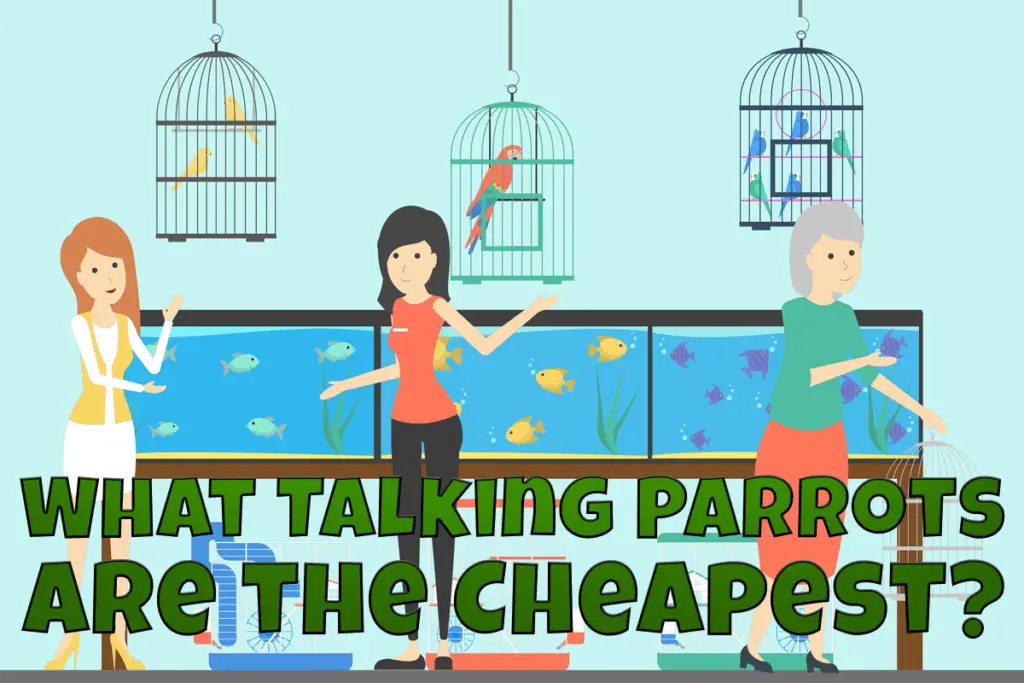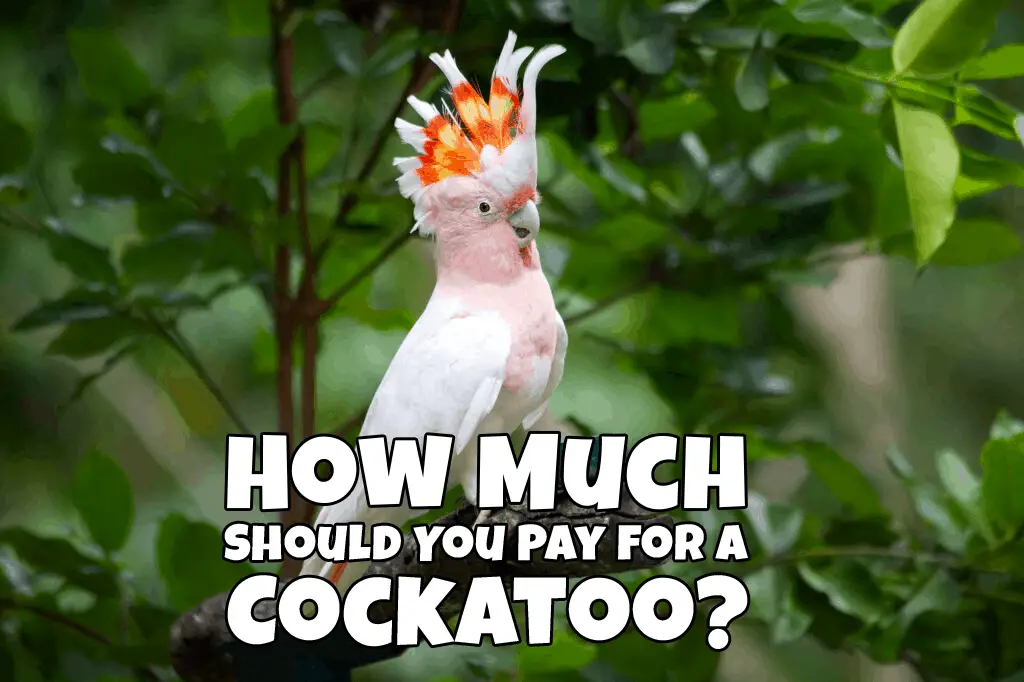For humans, it’s only natural to be afraid of the dark. We become familiar with the concept in our childhood and often carry it throughout our lives. There are many subconscious reasons why people get so easily scared of darkness, but that is the topic for another article. Today, I’d like to talk about darkness and parrots. Many owners don’t even think to ask professionals whether parrots can be afraid of the dark. They are animals, and animals don’t get scared of it, right? Wrong.
Parrots can be afraid of the dark if they feel threatened or not comfortable in the environment. They don’t see very clearly in the dark weel and, thus, cannot protect themselves properly. Thus, owners should pay extra attention to getting the bird comfortable and not provoking them in darkness.
Of course, not every bird sits afraid in its cage every night. And that is the achievement of loving owners who make the bird feel comfortable and secure.
Anyway, let’s cover the issue step by step, alright?
Can Parrots See in the Dark?
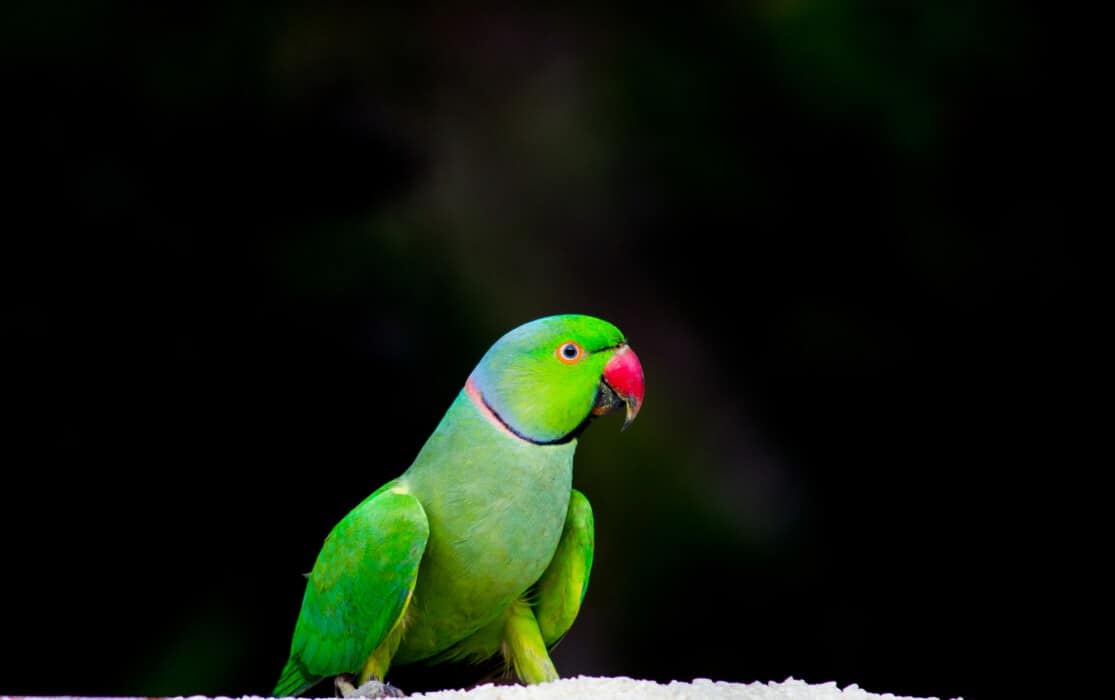
Yes, parrots can see in the dark, but their vision is unclear. Just like humans, parrots’ vision gets poorer when it gets dark. They can’t see better than us, which tells you something! We are terrible at adjusting to lower light levels compared to any other animals. And it means that it’s not comfortable for parrots as well. They are not cats, after all.
Parrots’ retina has a low number of rods and cones, which doesn’t allow good vision in the dark. In the wild, it means increased danger at night. This is partially the reason why parrots form flocks. (Which we can also fancily name pandemoniums.) With knowledge, you should understand how important peace and quiet area in the nighttime. So that your parakeets are quiet at night as well.
Can Parrots Eat Chocolate? Beware!
Are Parrots Afraid of the Dark?
Yes, a parrot can get afraid in the dark. But, at the same time, it might also feel at peace in darkness. It all depends on the surroundings and your relationship with the bird.
In the wild, parrots perceive darkness as “an enemy.” So it’s a dangerous time for them. Your bird, even the one raised in captivity, has this dark worry as well. Thus, you need to be really careful at this time.
Why Is My Parrot Afraid of the Dark?
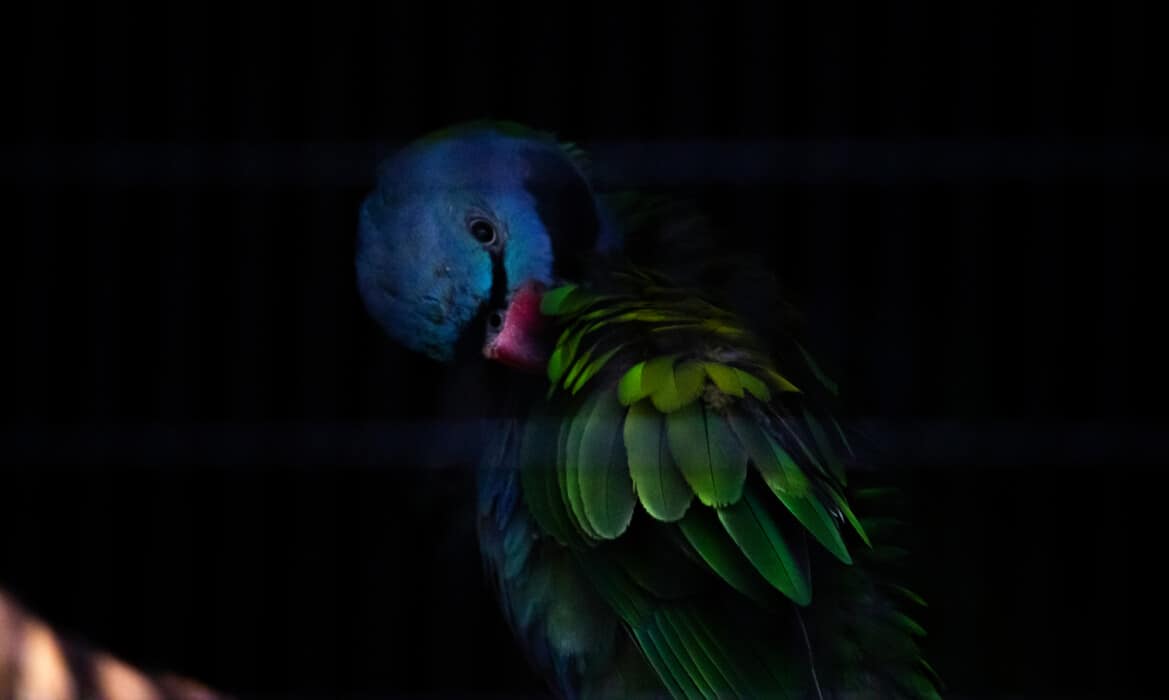
Unfortunately, we cannot answer the bird directly. And even if we could, it just might feel uncomfortable subconsciously.
One of the most apparent reasons a parrot fears darkness is the unfamiliar environment and uncomfortable surroundings. Another is the proximity of unknown people.
When a bird gets in your home for the first time, it doesn’t know you and can’t be sure it’s safe in there. Thus, the time when its vision is the worst will be the most stressful for the parrot. At least initially.
If your bird is a loner in general, it may feel more comfortable at night. Plus, lonely birds get scared easily as they don’t have numbers for protection. When a parrot has a pair, they’ll stick together and will feel more comfortable.
A common reason in cities is all the noise. Do you live in a “city that never sleeps?” So will your bird! Peace and quiet are essential during nighttime. Yes, domestic animals do get used to all those extra noises, but slowly and not completely. Some parrots get used to noise better than others as well. Just try to put the cage in the quietest room to be safe.
Fortunately, you can turn the situation and erase those fears!
Do Parrots Come Back After Flying Away?
How to Help a Scared Parrot?
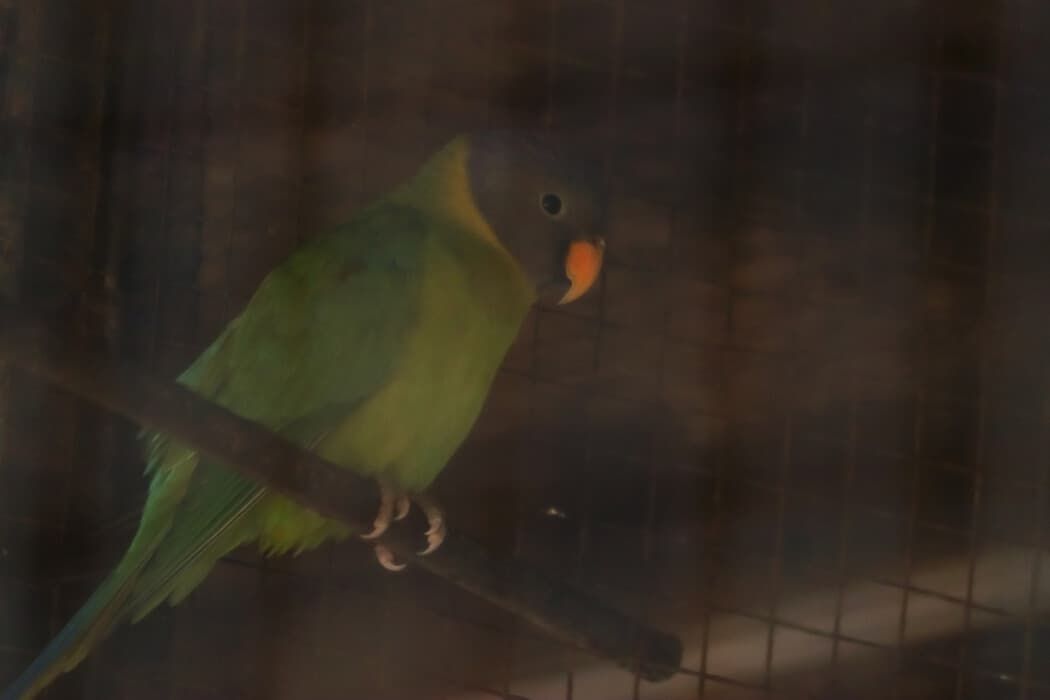
If your parrot gets scared and ruffled up, I advise turning on a nightlamp. Do not leave it in the dark again. A slight light and eliminating the source of noise is all you can do right now.
However, you can also prevent those night scares instead of “treating” them.
First of all, take time to bond with your bird! It’ll never be comfortable in a room with people it doesn’t trust, especially at night.
Give your bird time to adapt. If you’ve recently changed your home, your pet may be frightened by the change and new surroundings. Give it time to adjust and leave that lamp on in the first couple of days. Then, with time, start turning it down or completely off.
17 Kinds Of Red Parrots (With Photos)
In Conclusion
It’s of utmost importance to make sure your pet feels safe and secure in your home. This is now your responsibility as a loving “parent.” Be ready to deal with lots of issues, touching lots of parrot care aspects.
A frightened bird always develops physical and mental issues if not treated. You should alleviate its fears to make it happy.
As long as you take good care of your pet, you receive its full love and get a long-time companion. That is why it’s essential to research parrot care thoroughly before buying a bird. You should be prepared for possible issues. Plus, find a good veterinarian beforehand. They’ll teach you the basics of parrot care as well.

